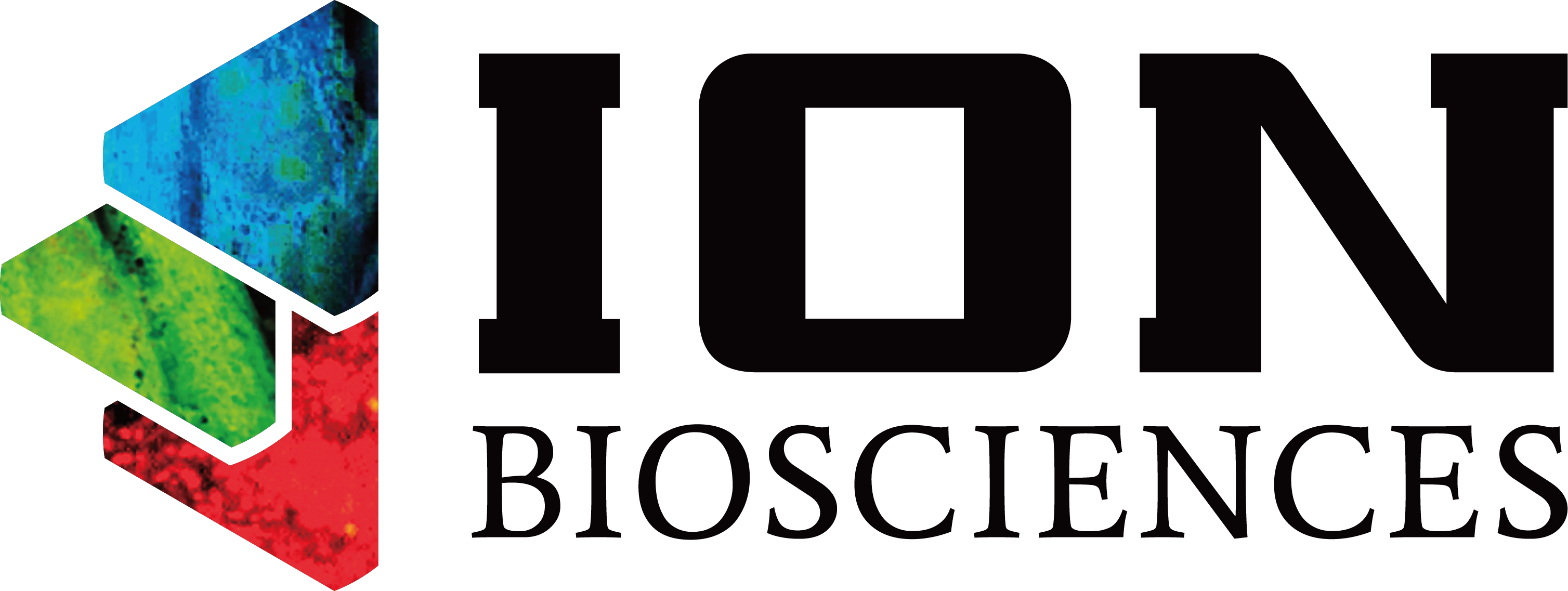Gateway Ion Channel Symposium

Set in the heart of the Midwest — the gateway between coastal regions of the United States — the Gateway Ion Channel Symposium will showcase the latest breakthroughs in ion channel research across fields and serve as a catalyst for collaboration between scientists at all career stages.
The program features talks from a diverse group of speakers, interactive presentations from early career faculty and trainees, a poster session, and ample time for discussion and networking.
The symposium also offers an opportunity for emerging scientists to seek career advice and mentorship. Trainee speakers will receive individualized coaching, which will include personalized guidance and constructive feedback on their presentations. In a novel initiative, we will collect and share audience feedback with speakers, fostering a culture of continuous learning and improvement. We encourage senior investigators to attend to support and mentor the emerging generation of scientists.
Another highlight is a special session for Rising Star researchers, which will feature postdoctoral fellows currently navigating the job market and seeking faculty positions. This session will spotlight their work and aspirations, offering them a unique platform to connect with potential opportunities, particularly in the Midwest region.
The Gateway Ion Channel Symposium is more than just a conference. Participation will provide a pivotal step in career development along with valuable opportunities to contribute to and learn from a vibrant community of scientists who are advancing the frontiers of the ion channel field. We invite you to join us for an enriching experience that promises not only to inspire but also to elevate scientific discourse in ion channel research.
Wednesday, June 5, 2024
Registration
Reception and dinner
Opening Remarks
Eduardo Perozo
Keynote: Gail Robertson, Ph.D.
University of Wisconsin-Madison
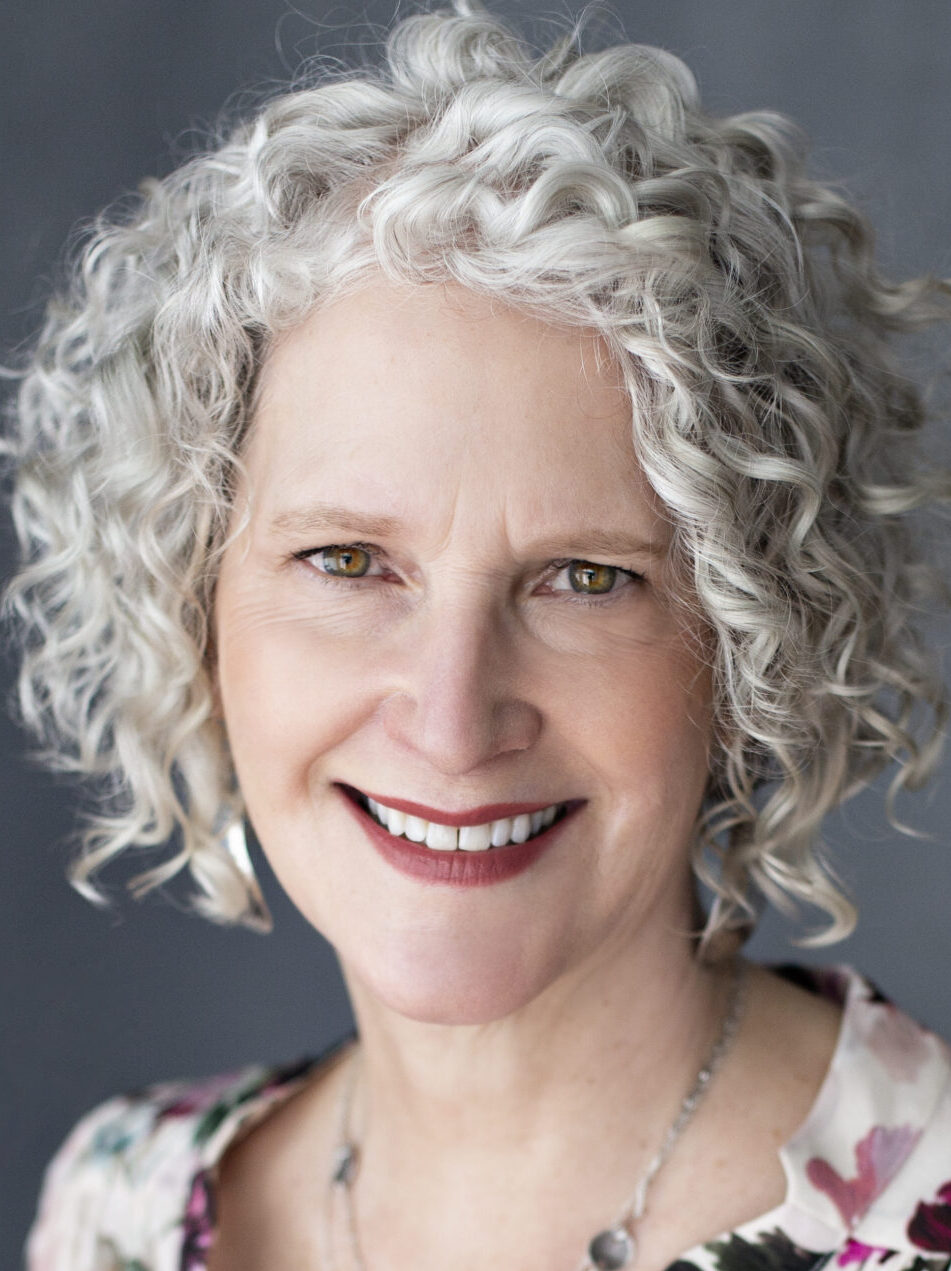
How to build an action potential: the biogenesis of membrane excitability
Q&A (Candie Paulsen as modulator)
Thursday, June 6, 2024
Opening remarks/group photo
Keynote: Indira Raman, Ph.D.
Northwestern University
Resurgent current in context: Insights from the structure and function of Na and K channels
Paul Jenkins, Ph.D.
University of Michigan Medical School
Convergence of Nav1.2 and ankyrin-B in the control of dendritic excitability
Candie Paulsen, Ph.D.
Yale School of Medicine
Selected talk 1
Coffee break
Axel Concepcion, Ph.D.
University of Chicago
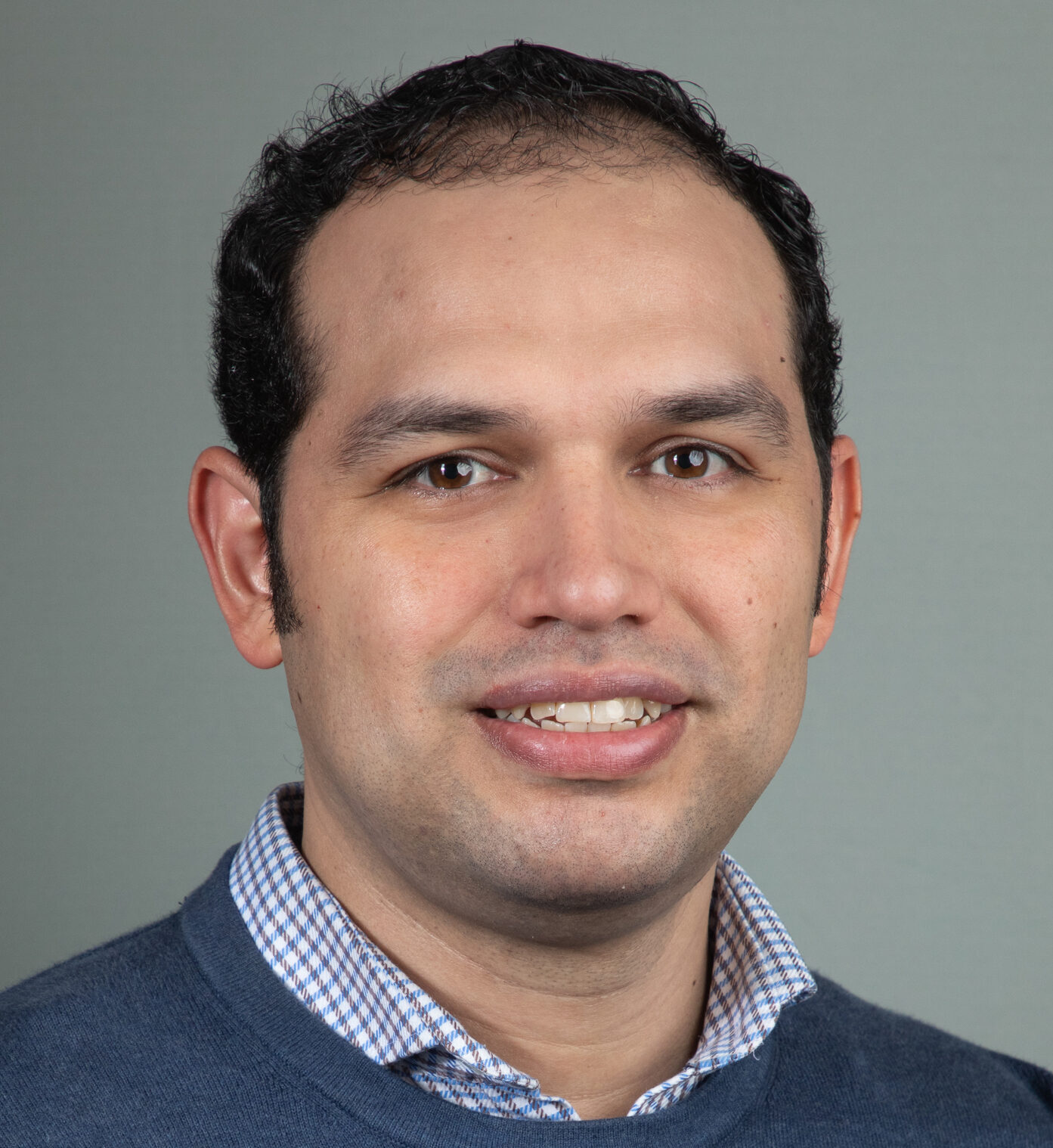
Novel roles of LRRC8 channels in Immunity beyond volume regulation
Selected talk 2
Poster Blitz 1
Lunch/poster session
Keynote: Ted Cummins, Ph.D.
Indiana University — Indianapolis

Krishna Chinthalapudi
New insights into Nav1.5 gating mechanisms
Selected talk 3
Poster Blitz_2
Coffee break
Selected talk 4
Selected talk 5
Selected talk 6
Roundtable discussion for grant applications
Social hour
Dinner
Poster session/social time
Friday, June 7, 2024
Breakfast
Stephanie Gantz, Ph.D.
University of Iowa
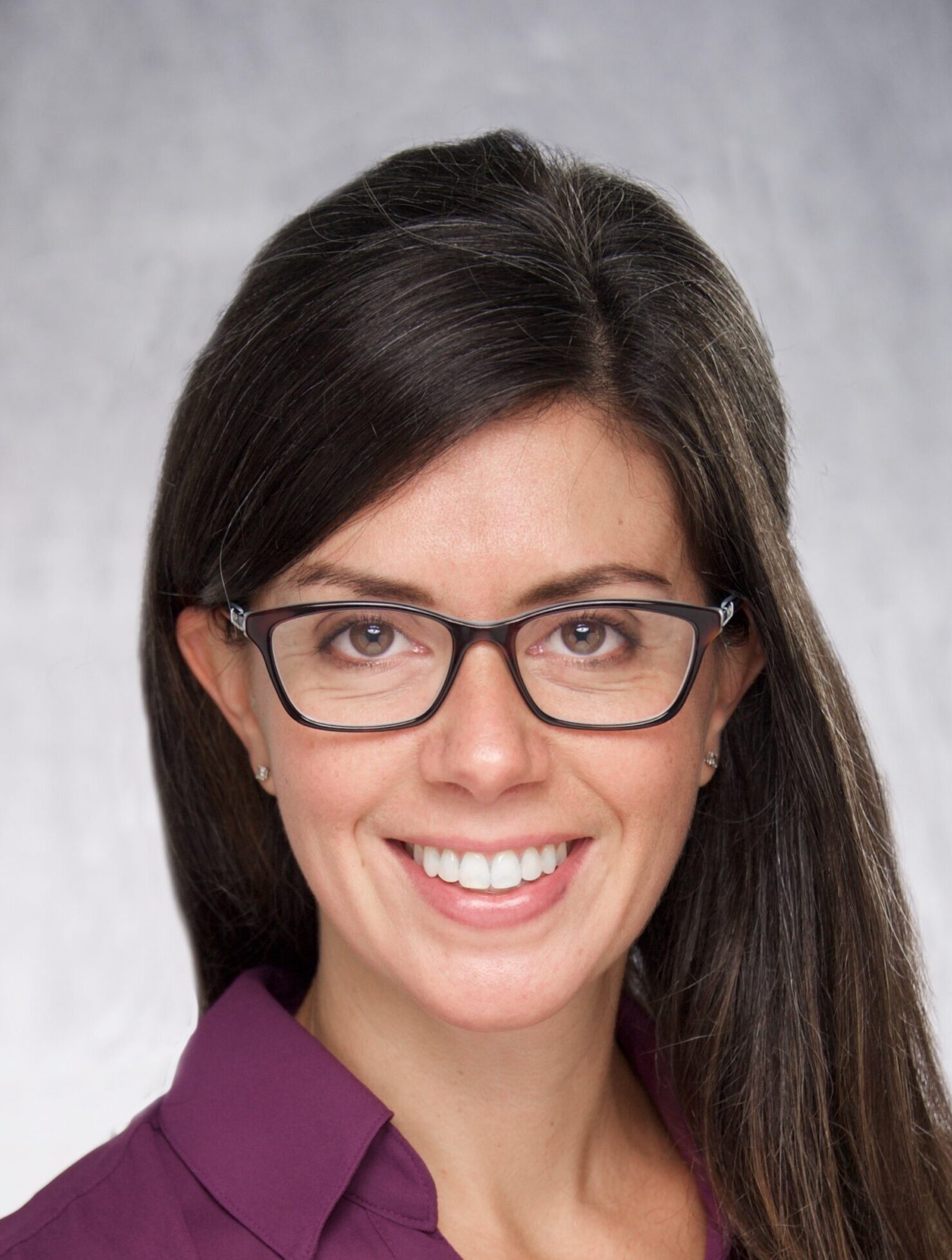
Alpha1-adrenergic receptor modulation of delta glutamate receptors
Selected talk 7
Selected talk 8
Coffee break
Selected talk 9
Selected talk 10
Selected talk 11
Keynote: Yang Yang, Ph.D.
Purdue University
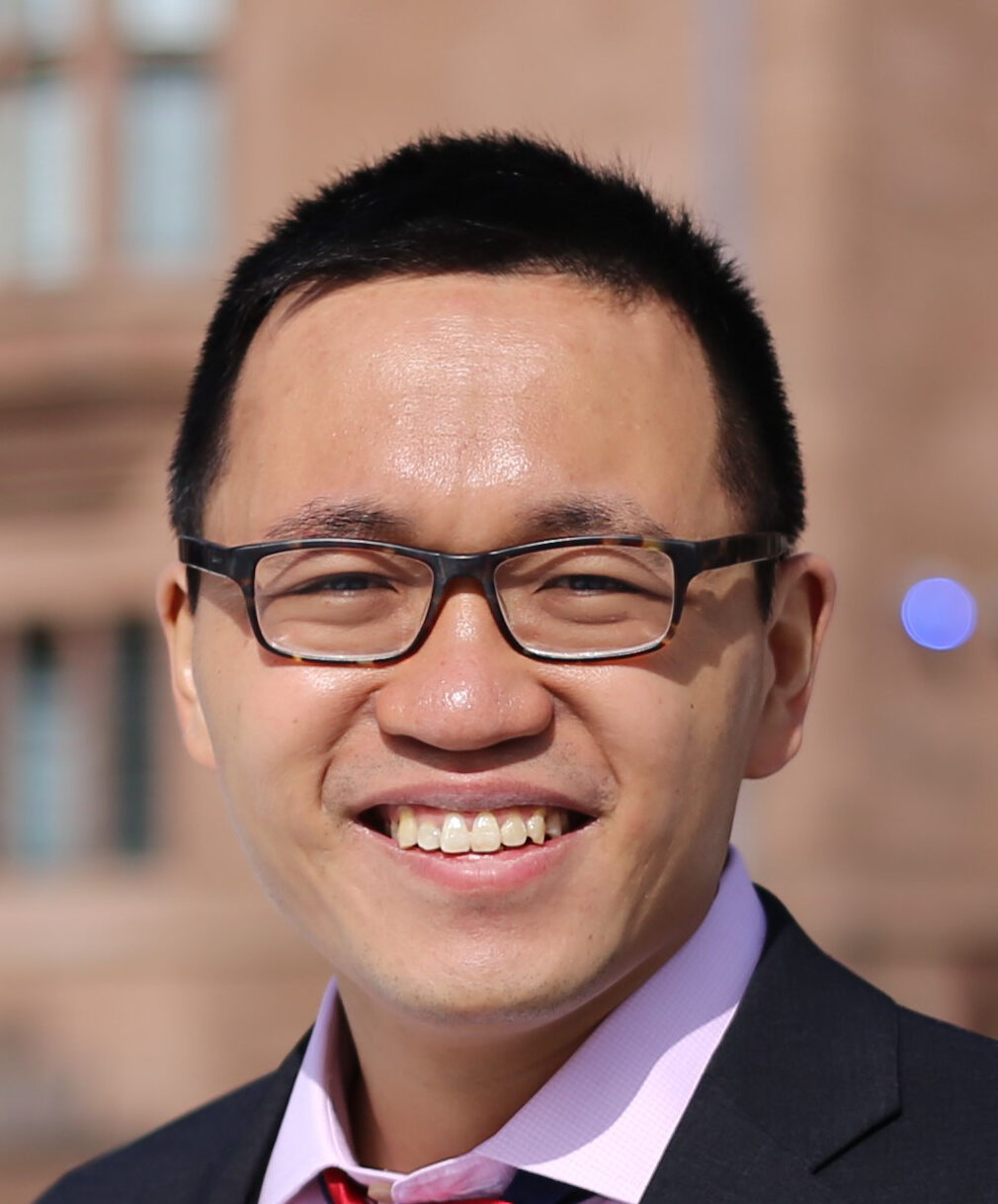
SCN2A related autism and epilepsy: from mouse and hiPSCs models to genetic medicine
Poster awards/closing remarks
Boxed lunch and departure
Neubauer Family Assistant Professor, Department of Biochemistry and Molecular
University of Chicago
Axel R. Concepcion is the Neubauer Family Assistant Professor in the Department of Biochemistry and Molecular Biology at the University of Chicago since July 2022. Axel received a B.Sc. in Chemical Technology from the University of Panama and a M.Sc. and Ph.D. in Cell & Molecular Biology from the University of Navarra. Prior to joining the University of Chicago, Axel served as the Bernard B. Levine postdoctoral fellow in Immunology at New York University Grossman School of Medicine. Axel’s research focuses on the identification and characterization of ion channels in cells of the immune system and involves the use of functional genetic screens in immune cells in the context of viral infection, autoimmunity, and cancer. His research team combines cross-disciplinary approaches including functional genomics, systems immunology, electrophysiology, and a set of cell and molecular biology techniques to understand the complex molecular networks regulated by ion channels in immune cells. The goal of his research team is to advance our knowledge of how ion channels coordinate the immune responses to make fundamental and translational advances in immunotherapy.
Professor and Chair of Biology
Indiana University – Indianapolis
Ted Cummins is Professor and Chair of Biology at Indiana University – Indianapolis and a member of the Stark Neurosciences Research Institute. Dr. Cummins received his bachelor degree in chemistry from Swarthmore College, a Masters in Biomedical Engineering and his PhD in Neuroscience from Yale University. Over the last 30 years his research has focused on understanding how voltage-gated sodium channel disease mutations alter the biophysical properties of ion channels and lead to disorders of excitability. Dr. Cummins also has substantial experience investigating the molecular determinants of sodium channel pharmacology. His lab has developed novel methods for determining how animal toxins specifically alter the activity of ion channels and is developing new screens in order to find novel sodium channel modulators. Overall the long-term goal of his research is to help develop better strategies for the treatment of disorders that involve ion channels.
Assistant Professor, Department of Molecular Physiology and Biophysics
University of Iowa
Dr. Stephanie Gantz is an early-career investigator in the Department of Molecular Physiology and Biophysics at the University of Iowa. The major goal of the Gantz lab is to understand how G protein-coupled receptors (GPCRs) influence neuronal excitability through action on ion channels and modulating synaptic transmission. In her doctoral and postdoctoral training, Dr. Gantz made significant contributions to the field’s understanding of unexpected or non-canonical mechanisms whereby GPCRs influence membrane ion channels, which were published in peer-reviewed journals. In the past five years, her research has been dedicated towards understanding how a subset of GPCRs — those coupled to Gaq — act on membrane ion channels in dopamine and serotonin neurons. The current focus of Dr. Gantz’s work is the regulation of delta-1 glutamate receptor (GluD1R) activity by the Gq-coupled a1-adrenergic receptor, based on her discovery of their interaction in 2020.
Assistant Professor of Pharmacology and Psychiatry
University of Michigan Medical School
Dr. Jenkins is an Assistant Professor of Pharmacology and Psychiatry at the University of Michigan Medical School. He received his Bachelor of Science in General Biology and a Ph.D. in Pharmacology from the University of Michigan and pursued a postdoctoral fellowship at the Howard Hughes Medical Institute at Duke University. His current research is focused on understanding the cellular and molecular underpinnings of complex psychiatric diseases and neurodevelopmental disorders, like bipolar disorder and autism spectrum disorder. To address this goal, his laboratory utilizes cellular and molecular biology, mouse models, confocal microscopy, electrophysiology, and human induced pluripotent stem cell-derived neurons. Dr. Jenkins is the lead investigator on a federally funded grant from the National Institutes of Health and has independent investigator awards from the Brain and Behavior Research Foundation, One Mind, the Simons Foundation Autism Research Initiative (SFARI), and the FamilieSCN2A Foundation through the Million Dollar Bike Ride.
Yale School of Medicine
Bill and Gayle Cook Professor in Biological Sciences
Chair, Department of Neurobiology
Northwestern University
Indira M. Raman is the Bill and Gayle Cook Professor in Biological Sciences and Chair of the Department of Neurobiology at Northwestern University. Her research is in the areas of ion channel biophysics, synaptic transmission, and cerebellar physiology. She has served on NIH study sections, the NINDS Board of Scientific Counselors, and the NINDS Advisory Council, and has been a reviewing editor for the Journal of Neuroscience, Biophysical Journal, and eLife. With co-author David Ferster, she wrote “The Annotated Hodgkin and Huxley: A Reader’s Guide” (Princeton University Press, 2021), a guidebook through the fundamental papers in cellular physiology. Her contributions to science, teaching, and training have been recognized through her election as a Fellow of the American Academy of Arts and Sciences, the 2023 Hodgkin-Huxley-Katz Prize by the Physiological Society, a Charles Deering McCormick Professorship of Teaching Excellence, and the 2023 NINDS Landis Award for Outstanding Mentorship.
Kellett Professor
University of Wisconsin-Madison
Gail Robertson, Kellett Professor at the University of Wisconsin-Madison, is a molecular biologist and biophysicist interested in mechanisms controlling electrical excitability in the heart and brain. Work from her lab showed that cardiac IKr is produced by channels encoded by the hERG gene and identified hERG channels as the molecular target for acquired long QT syndrome. She is co-inventor of the hERG cell-based safety assay ensuring drugs in development do not cause catastrophic arrhythmias. As a postdoc she worked collaboratively to isolate the Drosophila slo gene and determine the primary structure of the first “BK” ion channel. More recently her lab made the surprising discovery that functionally related ion channels are synthesized in pairs from physically associated mRNA molecules and are cotranslationally regulated. She is a recipient of the NSF CAREER, AHA Established Investigator, and Biophysical Society K.S. Cole awards, and recent President of the Biophysical Society.
Associate Professor, Department of Medicinal Chemistry and Molecular Pharmacology
Purdue University
Yang Yang, Ph.D., is currently an associate professor in the Department of Medicinal Chemistry and Molecular Pharmacology at Purdue University. Dr. Yang graduated with dual bachelor’s degrees from Shanghai University, and completed a Ph.D. degree at Georgia State University. He did postdoctoral training in Dr. Stephen Waxman’s lab at Yale University School of Medicine studying voltage-gated sodium channel Nav1.7 and its related chronic pain syndrome. Dr. Yang started his independent lab at Purdue University in 2017 as a tenure-track assistant professor and was promoted to associate professor with tenure in 2023.
Yang lab studies genetic neurological diseases including autism, epilepsy, pain, and dementia with both mouse models and human induced pluripotent stem cells (hiPSCs) derived neurons, microglia, and brain organoid models. The current focus of Yang lab is voltage-gated sodium channel Nav1.2 (SCN2A) and its related autism and epilepsy. The lab is also developing next-generation therapeutics to treat these monogenic neurological diseases.
Yang lab is funded by two NIH R01, as well as private foundations including the FamiliesSCN2A Foundation. Dr. Yang’s works were published in Cell Reports, Nature Communications, and the Journal of Neuroscience among others.
Poster abstracts may be submitted during registration, which will open in spring 2024. For questions or to be added to our email list, please contact Courtney Zirkle.
Eligibility
Students, postdoctoral fellows, faculty and research staff are welcome to submit an abstract. If the number of submitted poster abstracts exceeds the space, the organizers will select the abstracts that are most relevant to the conference theme.
Abstract format
Submitted abstracts should represent original research. The title should be brief and descriptive, and the body should include rationale, methods and results. Please prepare abstracts using the below template.
Abstract submission
Poster abstracts should be submitted during the registration process.
Questions?
Questions regarding abstract submission, posters, or the poster session can be directed to Courtney Zirkle.
Abstract Format
TITLE OF ABSTRACT IN ALL CAPS (STYLE = TITLE)
Presenting Author1,2, Other Author1, and Last Author1,3 (Style = Authors)
1First Dept., Institution, City, State, Country, 2Second Dept., Institution, City, State, Country, and 3Last Dept., Institution, City, State, Country (Style = Affiliations)
Body of abstract should be 300 words or less. Define each abbreviation at first use. Font should be Arial, 11 pt. and text should be single-spaced. Submitted files should be Word documents document (.doc or .docx) with the filename formatted as: lastname_abstract. (Style = Body)
Example
STRUCTURES OF HUMAN PANNEXIN 1 REVEAL ION PATHWAYS AND MECHANISM OF GATING
Zheng Ruan1, Ian J. Orozco1, Juan Du1, and Wei Lü1
1Department of Structural Biology, Van Andel Institute, Grand Rapids, MI, United States
Lorem ipsum dolor sit amet, consectetur adipiscing elit, sed do eiusmod tempor incididunt ut labore et dolore magna aliqua. Ut enim ad minim veniam, quis nostrud exercitation ullamco laboris nisi ut aliquip ex ea commodo consequat. Duis aute irure dolor in reprehenderit in voluptate velit esse cillum dolore eu fugiat nulla pariatur. Excepteur sint occaecat cupidatat non proident, sunt in culpa qui officia deserunt mollit anim id est laborum…
The Gateway Ion Channel Symposium is committed to empowering the next generation of scientists. The symposium is designed to feature early career faculty and trainees working across the ion channel field. We offer a platform for emerging scientists to present their research, engage in scientific discussions, share innovative ideas and seek career advice.
Individualized Coaching
A unique feature of our symposium is an individualized coaching program for trainee speakers, which will provide personalized guidance and constructive feedback on presentations. Coaches will comprise senior faculty volunteers. Volunteers may sign up during registration.
Audience Feedback
In a novel initiative, we will collect and share audience feedback with speakers, fostering a culture of continuous learning and .
Rising Stars Session
The symposium will feature a special session for Rising Stars, which will highlight postdoctoral fellows currently navigating the job market and seeking faculty positions. This session aims to spotlight their work and aspirations, offering them a unique platform to connect with potential opportunities, particularly in the Midwest region.
When is the Gateway Ion Channel Symposium? How much does it cost?
The Gateway Ion Channel Symposium will open with a reception on the evening of June 5, 2024. The symposium will be held June 6–7, 2024.
Registration fees are:
- $150 for faculty
- $75 for postdoctoral fellows and senior research scientists
- $50 for students, technicians and interns
What if I need special accommodations?
Please contact Courtney Zirkle to discuss any special accommodation needs.
How do I become a sponsor?
Please contact Courtney Zirkle for more information on sponsorship opportunities.
What is the refund policy?
Refund requests must be made in writing to the Gateway Ion Channel Symposium by May 31, 2024. After May 31, refund requests will not be honored. If you are not able to attend, a substitute may attend in your place. The name and email address of the substitute must be emailed to Courtney Zirkle prior to May 31, 2024.
Looking for accommodations? Here are some close suggestions:
- Amway Grand Plaza, Curio Collection by Hilton – 187 Monroe Ave NW, Grand Rapids, MI 49503
Distance to VAI: 0.6 miles - JW Marriott Grand Rapids – 235 Louis St NW, Grand Rapids, MI 49503
Distance to VAI: 0.7 miles - AC Hotel – 50 Monroe Ave NW, Grand Rapids, MI 49503
Distance to VAI: 0.6 miles
Code of Conduct Guidelines
We are dedicated to providing a harassment-free, non-discriminatory symposium experience for all participants, regardless of race, color, national origin, religion, sex, age, disability, pregnancy, height, weight, marital status, veteran status, sexual orientation, gender identity, or other personal characteristics covered by applicable law. We will not tolerate harassment of conference participants in any form. We expect participants at our events to engage in constructive and professional discussions at all times. Harassment can include unwelcomed attention, inappropriate comments or jokes that refer to gender differences, sexual topics, requests for dates, or other sexual activities as well as the use of language that may demean or degrade individuals. These behaviors are not appropriate for any of our conference venues, including talks, workshops, networking sessions, poster sessions, social networking platforms, and other online media platforms. Any participant violating these guidelines will be removed from the symposium at the discretion of the conference organizers.
Anyone who has experienced the above, or who has witnessed such behavior, should notify Courtney Zirkle. Anonymous reporting may also be done through the EthicsPoint Hotline.
Organizing Committee
Professor, Molecular Physiology and Biophysics
University of Iowa Carver College of Medicine
Professor and Chair, Physiology and Cell Biology
The Ohio State University College of Medicine
Associate Professor, Department of Structural Biology
Van Andel Institute
Chair, Department of Pharmacology
Director, Center for Pharmacogenetics
Alfred Newton Richards Professor of Pharmacology
Feinberg School of Medicine, Northwestern University
Professor, Medicine and Developmental Biology
Washington University School of Medicine in St. Louis
Professor, Institute for Biophysical Dynamics
Pritzker Fellow
University of Chicago
Advisory Committee
Chair, Department of Pharmacology
John H. Hord Professor and Chair, School of Medicine
Direct, Cryo-Electron Microscopy Core
Director, Cleveland Center for Membrane and Structural Biology
Case Western Reserve University
Professor, Anesthesiology
Professor, Biochemistry and Molecular Biophysics
Professor, Neuroscience
Washington University School of Medicine in St. Louis
Event Details
Contact Info:
Email: Courtney ZirkleThanks to our wonderful sponsors!
Symposium Sponsors
Scientific Sponsors
Discovery Sponsors



